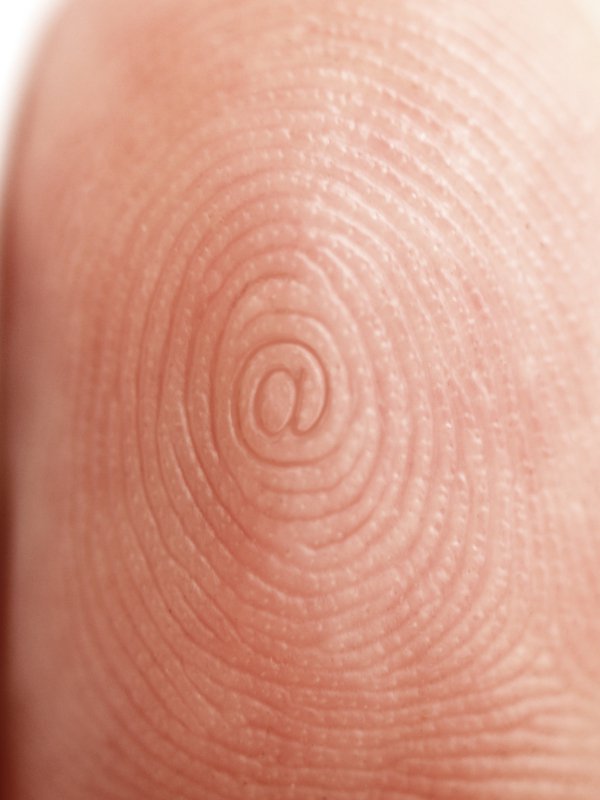You are viewing our site as an Agent, Switch Your View:
Agent | Broker Reset Filters to Default Back to List
Due to the ongoing situation with Covid-19, we are offering 3 months free on the agent monthly membership with coupon code: COVID-19A
UNLIMITED ACCESS
With an RE Technology membership you'll be able to view as many articles as you like, from any device that has a valid web browser.
Purchase AccountNOT INTERESTED?
RE Technology lets you freely read 5 pieces of content a Month. If you don't want to purchase an account then you'll be able to read new content again once next month rolls around. In the meantime feel free to continue looking around at what type of content we do publish, you'll be able sign up at any time if you later decide you want to be a member.
Browse the siteARE YOU ALREADY A MEMBER?
Sign into your accountE-Signature Security: A Primer for Agents
June 20 2014
 Let's think about your signature for a minute. Not just any signature, but the old-fashioned pen-and-ink kind. There's no other signature like it in the world; it's not only unique to you, it's different each time you scrawl it onto paper. So it may seem counter-intuitive that electronic signatures are touted as "more secure" than handwritten ones. How can that be?
Let's think about your signature for a minute. Not just any signature, but the old-fashioned pen-and-ink kind. There's no other signature like it in the world; it's not only unique to you, it's different each time you scrawl it onto paper. So it may seem counter-intuitive that electronic signatures are touted as "more secure" than handwritten ones. How can that be?
Yes, your signature is a unique and special snowflake. That's precisely the problem. Here's why:
- It's Unique - Your handwritten signature is one-of-a-kind. It varies each time you write it. If a signature is legally challenged, this variability can be an issue.
- Unknown to Other Parties - Because it's unique, no one knows if a signature is really yours. Therefore, handwriting experts can only establish the 'likelihood' that a signature belongs to someone, but can't establish certainty.
- Easy to Falsify - Handwritten signatures are easy to copycat--and therefore easy to forge.
- Doesn't indicate document integrity - Documents can be altered just as easily as a signature can be forged. With paper, there's no surefire way of knowing if underlying document has been modified.
Okay, you may be thinking, so ink signatures have weaknesses. But does that necessarily make electronic signatures better? After all, many banks have been slow to adopt e-signature technology and some still prefer traditional "wet" signatures.
It makes sense if you think about it. It's one thing for a buyer and a seller to enter into an agreement, but as the third party underwriting a sale, banks are the ones taking the financial risk. It's understandable that they want to be absolutely sure a signature is valid and can be upheld in case of a legal challenge.









